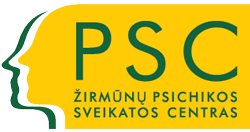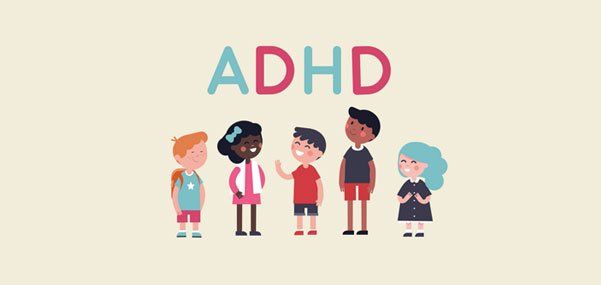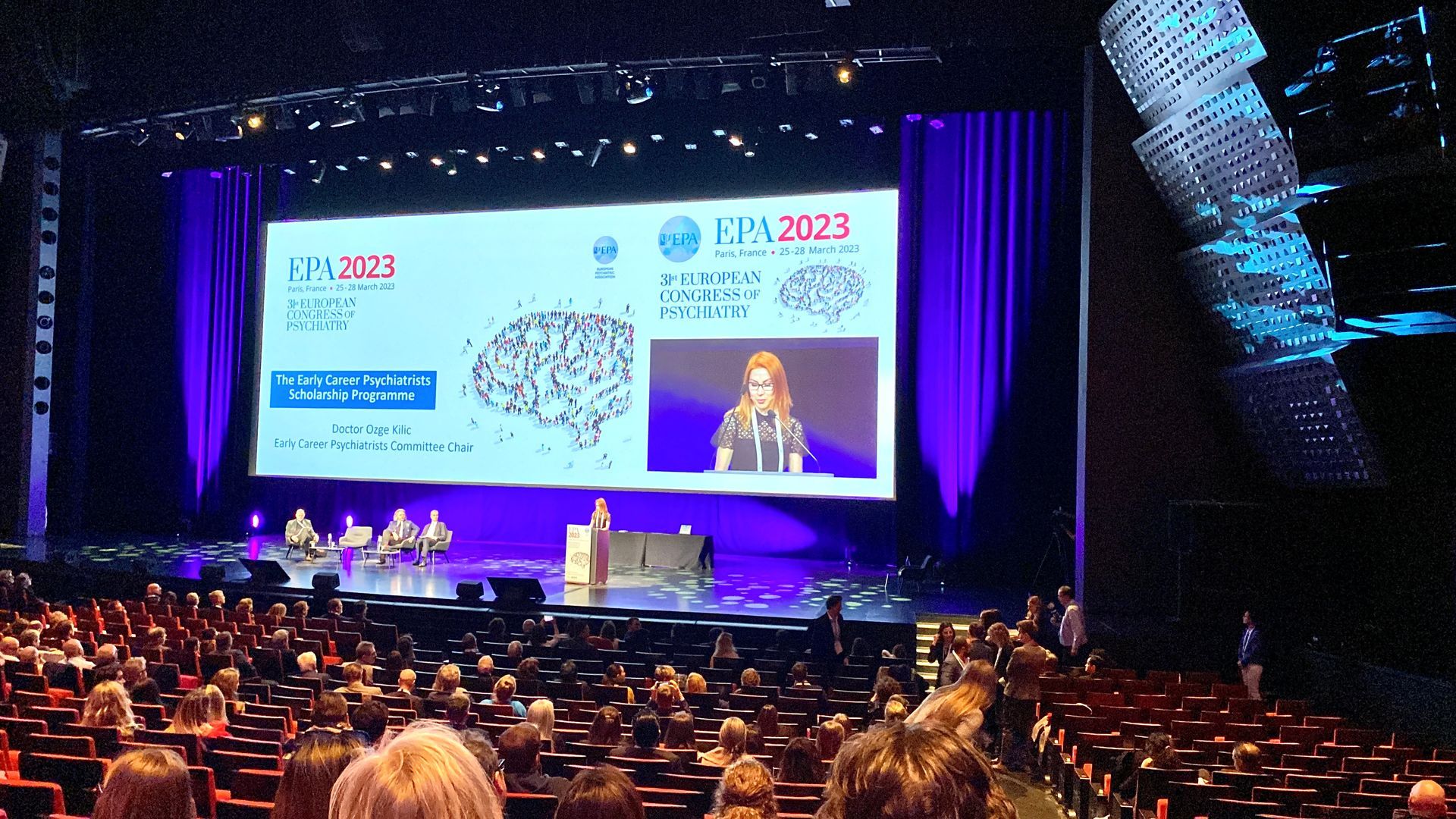Micronutrients Show Benefit for Children With ADHD and Emotional Dysregulation
Children with ADHD and emotional regulation disorders who consumed a micronutrient formal made of essential minerals and vitamins were three times more likely to show improvements in symptoms compared to those who did not consume the formula.
A study in the
Journal of the American Academy of Child and Adolescent Psychiatry (JAACAP) reports children with ADHD and emotional regulation randomized to take a micronutrient formula were three times more likely to show symptomatic improvement on blinded clinician ratings, compared to those in the placebo group (54% versus 18%).
The micronutrient formula, consisting of all known vitamins and essential minerals, was administered for eight weeks.
“Supplementing with all known vitamins and essential minerals, at doses between Recommended Daily Allowance and Upper Tolerable Limit, may improve mood and concentration in children with ADHD and emotional dysregulation,” said lead author Jeanette Johnstone, PhD, Assistant Professor, Department of Child and Adolescent Psychiatry, Oregon Health & Science University and Helfgott Research Institute, National University of Natural Medicine.
“These findings, replicating results of a previous randomized trial of micronutrients in children with ADHD conducted in New Zealand, confirm that supplementation with a broad range of nutrients may benefit some children. These findings may offer guidance to doctors and families seeking integrative treatments for their children with ADHD and related emotional dysregulation,” Dr. Johnstone noted.
The triple-blinded study enrolled 135 medication-free children and their parents at three sites (Portland, Oregon; Columbus, Ohio; Alberta, Canada) and randomized participants to either micronutrient or placebo capsules for eight weeks. Three-quarters of the participants were adherent to the study protocol.
The intervention was well-tolerated, with no significant differences in adverse events between the micronutrient and placebo groups, or safety concerns based on blood and urine tests.
Parents, children and clinicians were blinded to treatment allocation and were not able to guess assignment better than chance.
In addition to behavioral and emotional benefits, children taking micronutrients grew 6mm more in height than those taking placebo after adjusting for baseline height.
“The growth finding, also a replication from the previous child micronutrient study, is particularly encouraging, as height suppression is a concern with first-line ADHD medication,” Dr. Johnstone added.
In contrast to clinician ratings, parents, who were also blinded to their child’s treatment allocation, reported significantly improved behavior that was equal in both the micronutrient and placebo groups, with no significant between-group differences, highlighting the importance of blinded clinician ratings.





